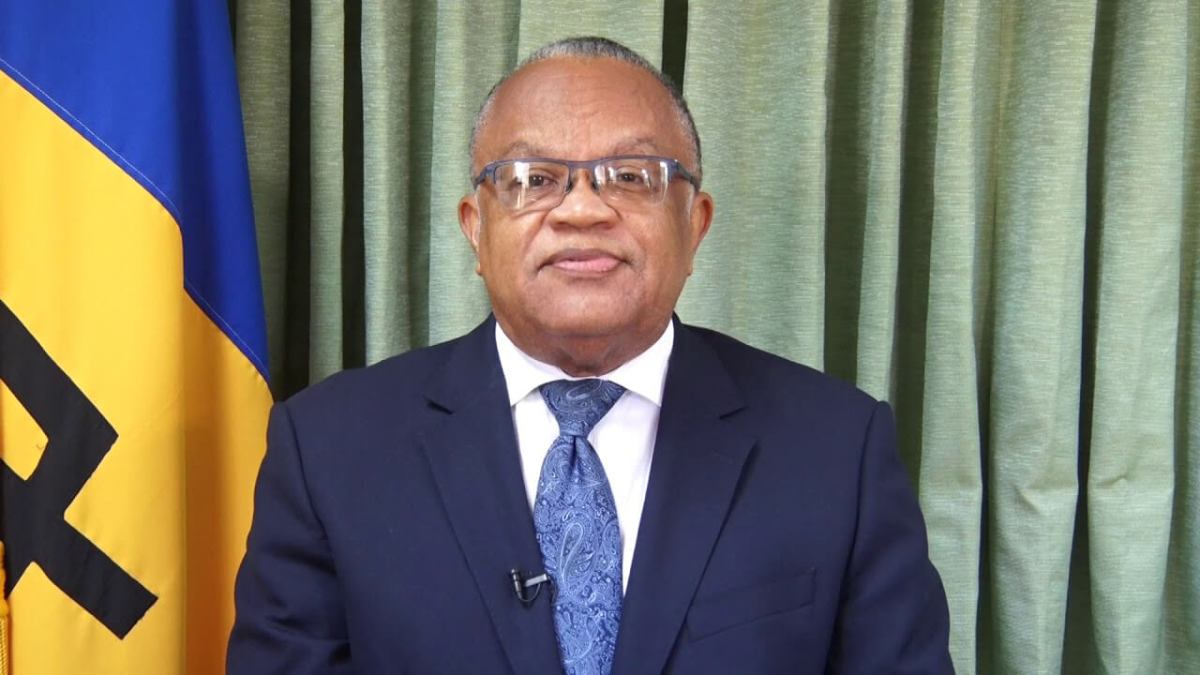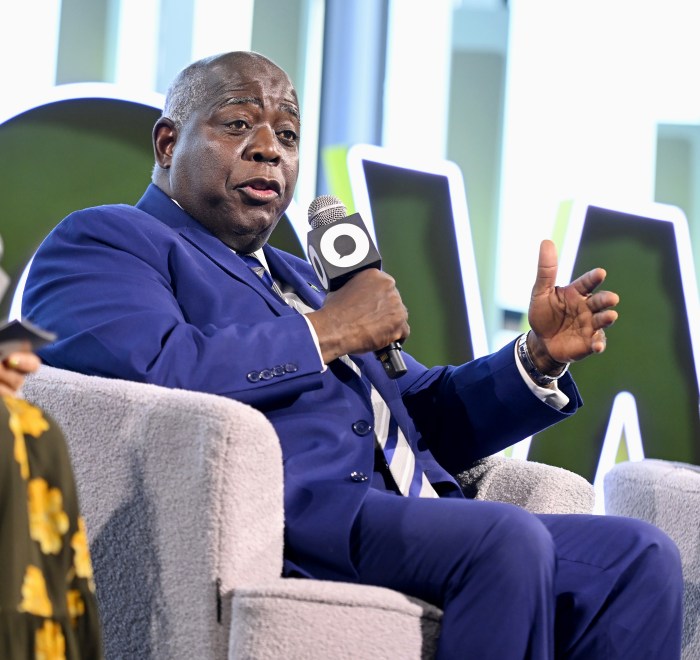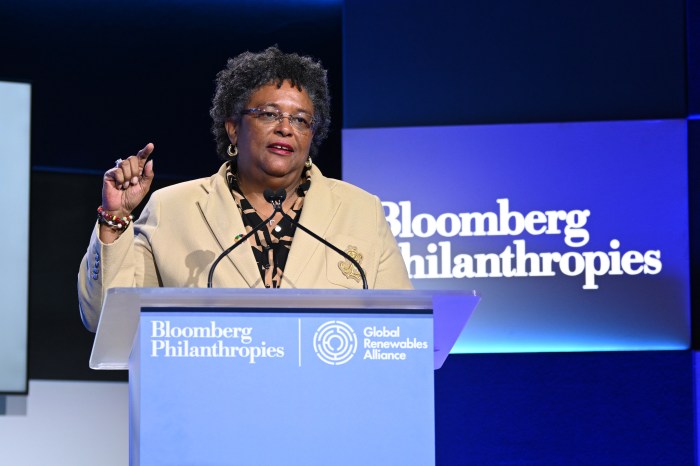In a statement, the private sector group said it has learnt that the bill had its first reading in Parliament recently.
It said it had acknowledged that over the last 15 years, under various administrations, there have been several attempts to reform the current 1951 Telecommunications Act, “which everyone accepts and recognizes is outmoded and in adequate for this modern era.”
It added that any new Telecommunications Act will no doubt “significantly impact the way we all do business, access educational materials, communicate with friends and families and impact on even how internet services are provided and consumed.”“The bill raises more questions than answers,” it said.
BAHAMAS
The Bahamas government says it will now pay later this month the honorarium and death benefits to a limited number of frontline nurses, physicians and medical service workers involved in the first wave of the COVID-19 pandemic.
A statement from the Ministry of Health said the payment will be for the frontline workers during the period March 15 to June 19, 2020.
During his budget presentation Minister of Health, Renward Wells said approval was given for the payout of US$1.04 million of frontline workers.
Wells said that during the first wave of COVID-19, these frontline health care workers initially stepped forward “when others were somewhat tepid and hesitant.”
Wells also advised that the government had approved in the 2021/2022 budget an additional $3 million in honorarium to compensate other health care workers “who later joined in the fight.”
Originally, no date was indicated as to when the honorarium would be paid.
He said the Ministry of Health was moving to complete the task by the end of this month.
BARBADOS
The Barbados government has called on the Joe Biden administration in the United States to end the embargo on the island of Cuba, stating that to bring it to an end is the “morally right” thing to do.
In a statement recently, Minister of Foreign Affairs and Foreign Trade, Dr. Jerome Walcott said the time has come for the United States to show leadership.
He said all the embargo has achieved is an unjustified punishment of Cuba and unleashed a series of painful outcomes for its people.
The minister noted that the embargo has not succeeded in isolating Cuba from right-thinking nations in the international community.
The statement said Barbados and other members of the Caribbean Community (CARICOM) have repeatedly raised their voices in unison at the United Nations, Organization of American States and other international fora, calling for and end to the embargo.
Dr. Walcott added that almost half a century ago, the first four independent CARICOM member states took the decision to establish relations with Cuba.
“Since then, our community has enjoyed several years of strong friendships, in some cases family ties and mutually respectful interactions with the Government and people of Cuba,” he said.
The minister noted that over the last year alone, no less than 14 Cuban medical teams traveled across the Caribbean and played invaluable roles in helping to combat and control the COVID19 pandemic.
DOMINICA
Dominica’s Ministry of Trade, Commerce and Export Development, said the measure, which took effect on Aug. 3, will also ban the importation of these products from outside the region.
The ministry said that the decision to temporarily suspend the importation of the goods had been taken under the community origin treatment on imports, which means the access accorded to goods which are of community origin to the markets of member states without the application of import duties or quantitative restrictions.
Starting from July 31, the Guyana government announced a series of new measures aimed at curbing the spread of COVID-19, including unvaccinated people now being required to make an appointment to visit and transact business at any government ministry or agency.
Minister of Health, Dr. Frank Anthony is also encouraging the public to make use of the 100 fixed vaccination sites to inoculate themselves against the virus.but the cites are underutilized became people are not coming.
He said an average of 3,000 people are being vaccinated every day and Guyana has many more strides to make before it reaches herd community.
The government said the new regulations go into effect from Aug. 1.
Among the new regulations are every operator and conductor of any transportation service shall be vaccinated and have in their possession an official identification document and their vaccination card. The operators and conductors will also be responsible for ensuring their passengers wear a face mask.
People who wish to attend any cinema, betting shop and casino must show their card indicating they are fully vaccinated.
Guyana has recorded 535 deaths and 22,372 positive cases linked to the virus, with the first case being reported in March last year.
The International Monetary Fund (IMF) says it is committed to working diligently in the coming weeks to ensure that the request by the authorities in Suriname for an arrangement can be expeditiously presented to the IMF’s executive board for its consideration.
IMF Managing Director, Kristalina Georgieva, in a statement, noted that the executive directors of the Washington-based financial institution had been briefed on the Dutch-speaking Caribbean Community (CARICOM) country’s request for an arrangement under the Extended Fund Facility (EFF).
She said President Chan Santokhi’s administration inherited a very difficult economic situation in the country and to restore macroeconomic stability, it has undertaken a broad range of policy actions, including delivering on most of the prior actions that were agreed in the staff-level agreement reached in April.
She said over the past several weeks, the Suriname authorities have made important progress in implementing their home-grown policy plan.

























